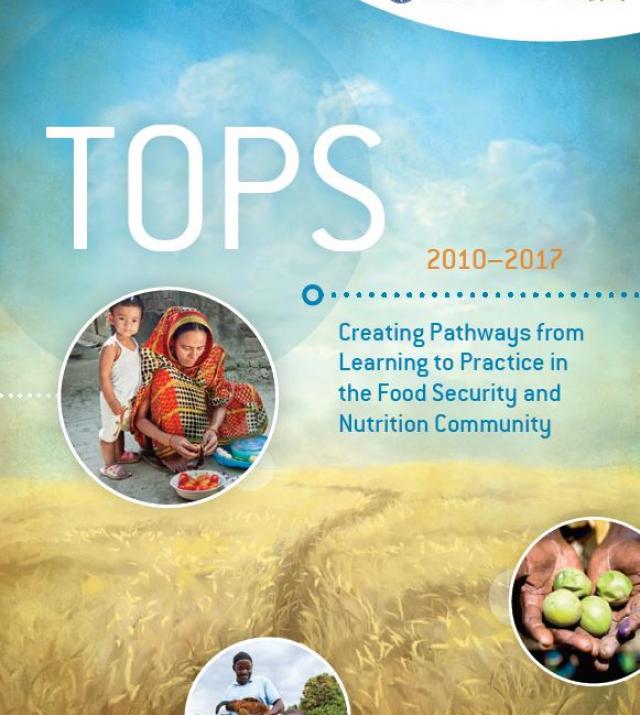
Risk and Resilience: From Good Idea to Good Practice

Resilience has gained significant prominence following the re-examination of the performance of the humanitarian and development aid systems in light of the two major food security crises in East and West
Africa over the last two years, coupled with ongoing ‘post-2015’ negotiations on key global disaster risk reduction, climate change and development policy and resourcing. Resilience has largely been communicated by donor and other key actors as a political agenda, devoid of clear technical guidance as to its added value and how it changes programming on the ground. As a result, country staff are either cynical of its value, are confused as to what it means, or use it as another opportunity to attract funding or to justify their narrow institutional mandate. There are relatively few actors who engage with resilience armed with specific technical guidance informed by comprehensive risk and vulnerability analyses. The continued ‘improper’ application of resilience reinforces some views that this is another ‘buzzword’ or ‘fad’, devoid of real meaning for programming, and will mean that the approach will be eventually dropped from policy and programming when ‘the next big thing’ comes along.
This study argues that resilience has sufficient technical added-value (distinct from resilience as a political agenda) and outlines how it can be applied to programming, and, in response to challenges on the ground how donors and key partners can incentivise integrating resilience into programming. There are also recommendations for further study to support further integration of resilience into programming.
